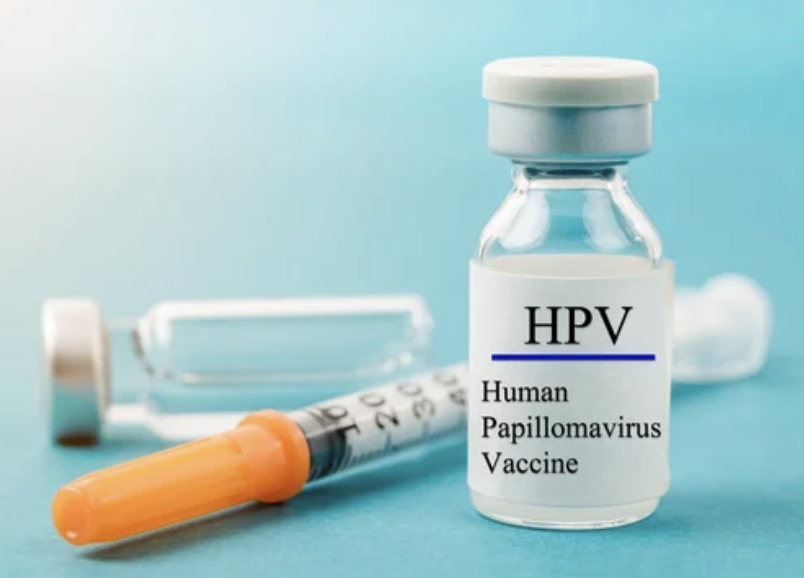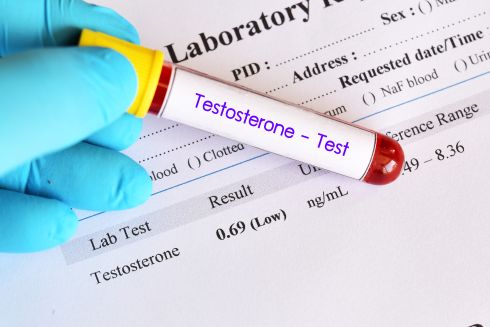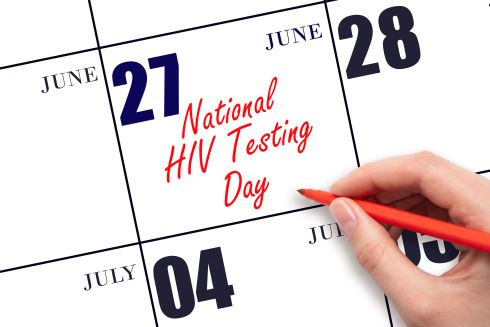Lou Portero
Articles by Lou Portero
Lou PorteroMenopause | July 11, 2025
This analysis synthesizes findings from over 68,000 postmenopausal women followed for up to 20 years.Lou PorteroColorectal Cancer | July 11, 2025
High-income patients who paid high access costs were significantly more likely to receive treatment at academic centersLou PorteroInfectious Diseases | July 10, 2025
This represents a dramatic reversal of public health progress, marking the highest annual case count since 1992.Lou PorteroPublic Health | July 9, 2025
The 10% sustained quit rate represents a substantial improvement over the typical rate of return to smoking.Lou PorteroMenopause | July 8, 2025
Hormonal changes during the menopausal transition directly impact hair follicles and contribute to various types of hair lossLou PorteroGynecologic Cancer | July 7, 2025
Research has provided insights into the molecular mechanisms driving this diseaseLou PorteroPublic Health | July 7, 2025
This breakthrough could enable efficient mass production of artificial blood products.Lou PorteroHeart Health | July 7, 2025
Living in marginalized neighborhoods significantly increases mortality risk, even within a universal healthcare system.Lou PorteroPublic Health | July 4, 2025
A clinical trial shows gene therapy can significantly restore hearing in people with a specific type of inherited deafnessLou PorteroHeart Health | July 2, 2025
The study had several strengths, including a large, diverse population with extended follow-up.Lou PorteroPublic Health | July 2, 2025
Healthcare providers should prepare for reduced Medicaid reimbursements, increased administrative complexityLou PorteroColorectal Cancer | July 1, 2025
Patients with colorectal cancer and a history of cannabis use disorder had a more than 20 times higher risk of mortality.Lou PorteroObesity | June 29, 2025
Weight management in older adults requires a fundamental shift from traditional weight-loss approaches.Lou PorteroPsoriasis | June 28, 2025
Men with testosterone levels below 300 ng/dL showed a nearly threefold increased risk of psoriasis.Lou PorteroMenopause | June 28, 2025
The findings challenge common assumptions about aging and sexual function.Lou PorteroDiabetes | June 27, 2025
The findings suggest that approximately one-fifth of Americans who consume diet drinks may benefit from this substitution.Lou PorteroReproductive Health | June 25, 2025
A Swedish national study provides new evidence for graduated neonatal risks associated with advancing maternal age.Lou PorteroManaged Care | June 24, 2025
Fifty major health insurance companies have committed to comprehensive reforms of their prior authorization processes.Lou PorteroHIV | June 23, 2025
People can get it privately and discreetly, set it and forget it, and not have to think about it until six months later.Lou PorteroReproductive Health | June 22, 2025
This research addresses a critical gap in prenatal care, as some women develop preeclampsia despite aspirin prophylaxis. © 2025 Mashup Media, LLC, a Formedics Property. All Rights Reserved.
© 2025 Mashup Media, LLC, a Formedics Property. All Rights Reserved.




















